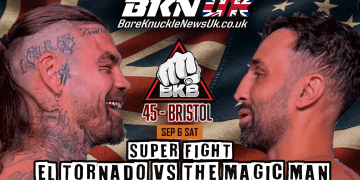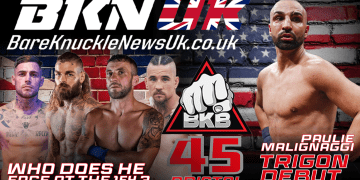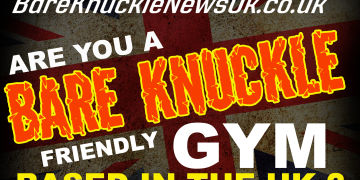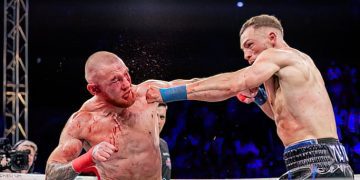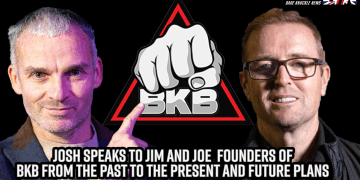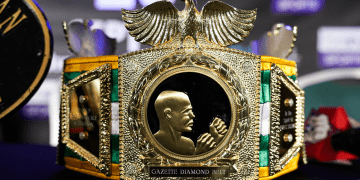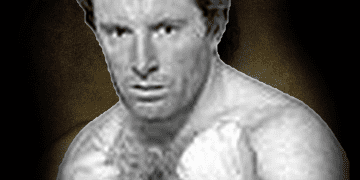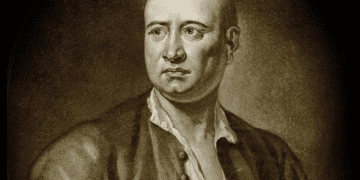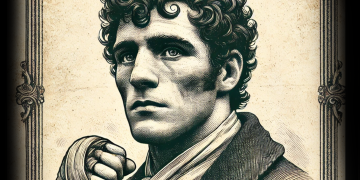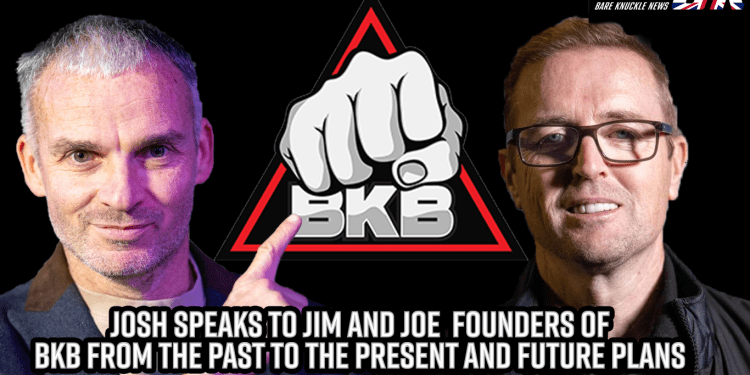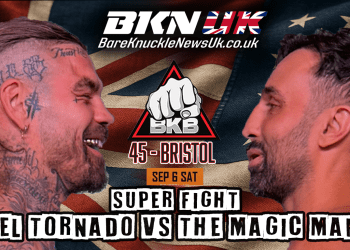SO HERES HOW IT WENT When I sat down with Jim Freeman and Joe Brown founders of BKB™, I knew we were going to get into the real history — not the polished version, but the raw, behind-the-scenes story of how modern bare-knuckle boxing was built from the ground up. What followed was one of the most honest and passionate conversations I’ve had in this sport.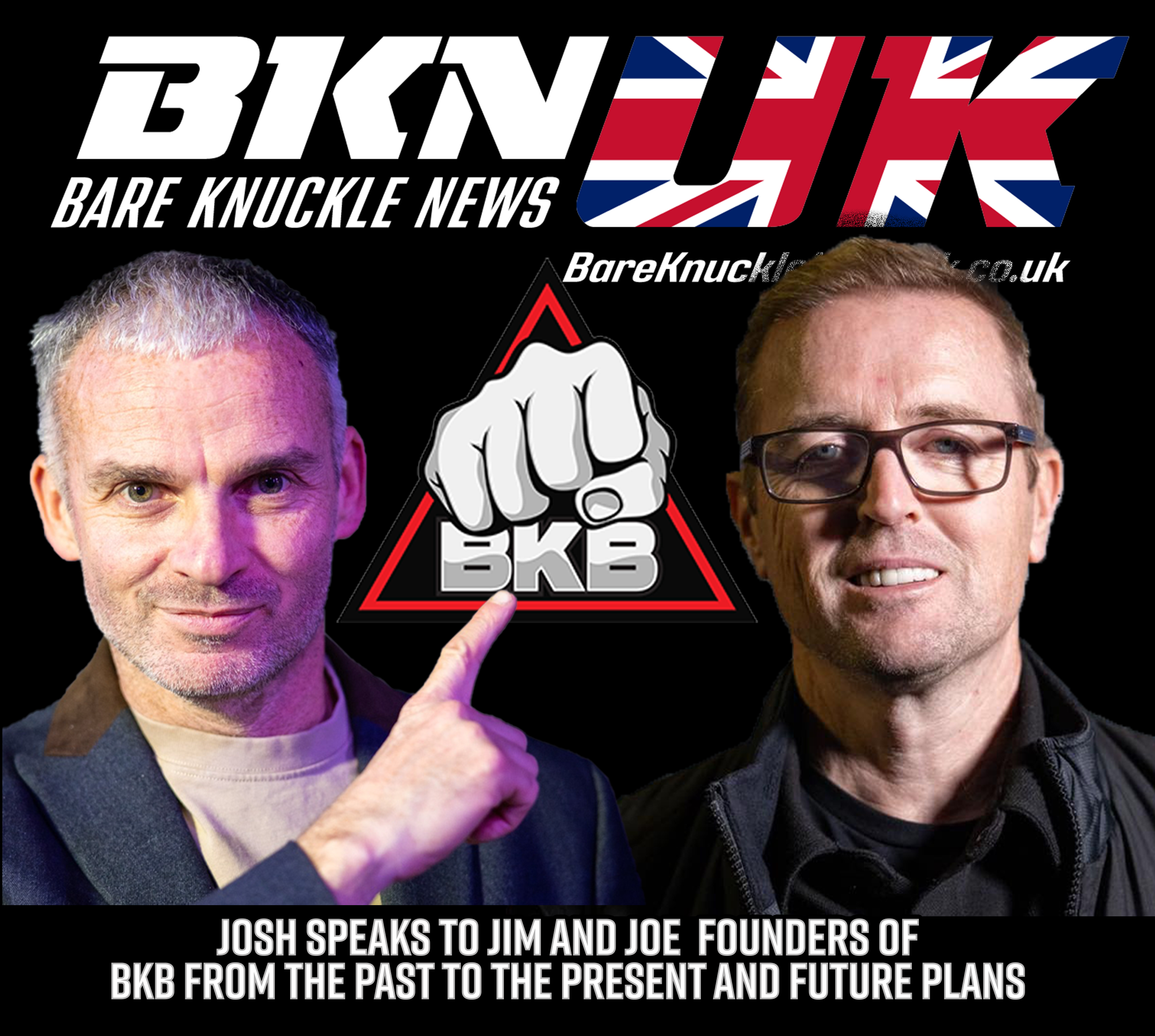
We covered it all: the beginnings in cellars and back gardens, the courtrooms and councils, the rise of BKB™, the challenges they’ve faced, and where it’s all going next.
This is the story of a fight promotion that rewrote the rules, and two lads who risked everything to give fighters and fans something real.
The Roots: From Cellars to Colwick Hall
Jim took it all the way back to the very beginning — when bare-knuckle wasn’t legal, wasn’t organised, and certainly wasn’t safe.
“The first shows I went to weren’t even shows,” he said. “We’re talking Dave Courtney’s back yard, fighters like Matthew Thorne. All hush-hush, all illegal.”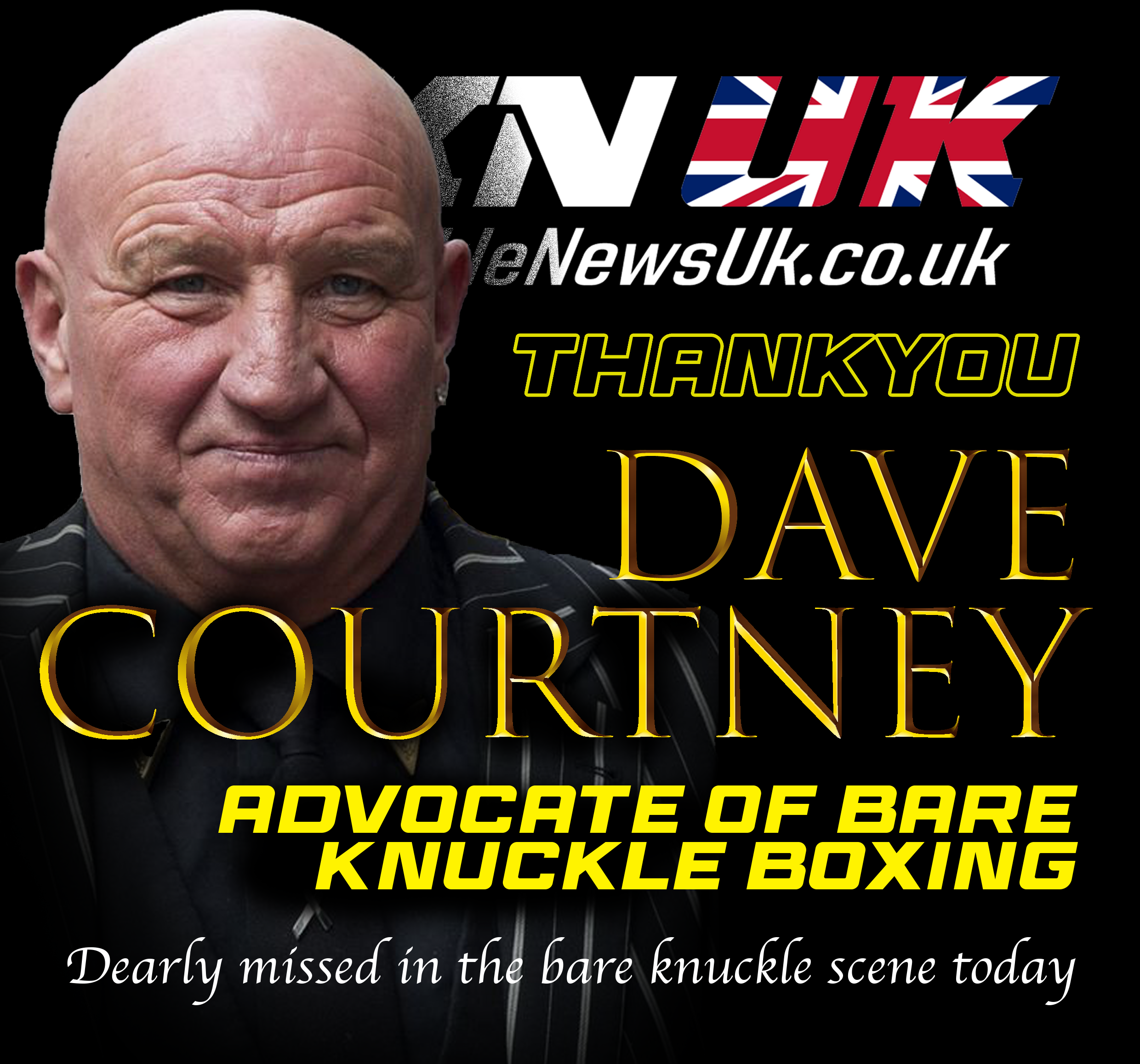
No ring girls. No lights. No security. Just a makeshift ring, two fighters, and a crowd of adrenaline-fuelled punters standing shoulder to shoulder.
These weren’t shows — they were controlled chaos.
“It was dangerous. No medics. No scans. If someone got seriously hurt, that was it. But it was real. And we saw potential in that — not to cash in, but to build something that could last.”
The Fight to Legalise BKB™
That potential came with a massive uphill battle. To make it legal, Jim and Joe had to step into a completely different fight — against the system.
“We had to go to war with red tape. Councils didn’t want to know. They thought it was just street fighting. The police didn’t get it either at first. We had to convince people — we’re not criminals, we’re trying to create something professional.”
The legal process wasn’t just long — it was expensive, draining, and full of unknowns.
“We spent thousands and thousands. Legal fees. Venue clearances. Council meetings. Licensing. Blood tests. Medics. You name it — we had to pay for it. And we weren’t making a penny.”
At one point, they were running full shows at a total loss, just to prove it could be done safely and professionally.
“People don’t realise — we were paying out of our own pockets just to get the council to even consider it. We didn’t have investors. It was just us.”
The breakthrough came at Colwick Hall in Nottingham — the first official, sanctioned BKB™ event.
“That show was a turning point. It proved it could work. It proved bare-knuckle could be run safe, legal, and legitimate — in a proper venue with real officials and full medical backup.”
It was a risk — but it paid off.
Because from that point forward, BKB™ became the first legally recognised bare-knuckle promotion in the world.
“People won’t admit it, but it’s true. We were the first to legalise it. If we didn’t do that, none of this exists. Not BKFC, not BYB, nothing.”
And to this day, that legal groundwork still holds up every show they run. That’s why BKB™ has the standard it does — because it was earned the hard way.
The Risk of Small Pop-Up Shows – A Threat to Everything We’ve Built
One thing Jim spoke about with real frustration was the rise of unregulated small shows — the kind that are popping up across the UK almost overnight.
“It’s not about competition. We don’t care if other people run shows — just do them right. But these little pop-up promotions? A lot of them are a real danger.”
These shows often operate under the radar — no proper sanctioning, no safety measures, no scans, no bloods, no professional medical presence. And worst of all, no accountability.
“We’ve heard stories. Lads getting pulled out the crowd to fight. No weight checks. No corners. No clue what they’re doing — and no protection if something goes wrong.”
And this isn’t just about protecting individual fighters. It’s about protecting the reputation of the entire sport.
“It only takes one bad injury. One fatality. One newspaper headline. And suddenly the whole sport gets blamed — not just that one dodgy show.”
That’s what makes it so dangerous. Most of the general public — and even the media — don’t understand the difference between a legal, medically-regulated BKB™ event and some dodgy fight in a pub car park. One bad show could undo years of work.
“We’ve spent over a decade building this up. Legalising it. Proving it can be done safe. And someone who wants to make a few grand in a backroom could ruin all that.”
What makes it worse is that these promoters often believe they’re helping the sport — that putting on a few fights in a small hall with no doctors is “growing bare-knuckle.” But it’s not.
“They’re not raising the profile. They’re dragging the sport backwards.” Added Joe
Jim and Joe made it clear: It’s not about gatekeeping — it’s about responsibility.
If you’re putting fighters in the ring, you owe them protection. You owe them scans. You owe them blood tests. You owe their families peace of mind.
“This isn’t a game. These lads are putting their lives on the line. And if you can’t afford to do it safely — don’t do it at all.”
Real Fighters vs Poster Boys – Who’s Really Built for This
Joe and jim didn’t hold back when it came to some of the newer lads coming through — the ones he calls the poster boys.
“You get these lads with flashy Instagram profiles, nice shorts, a clean promo pic — and they think that’s enough. But this isn’t show business. This is a fight.”
“They win one fight, or don’t even win, and they’re already turning down opponents, asking for easier fights, or worse — they go missing.”
And that’s where it goes wrong. The real lads — the ones who train, stay ready, and actually want to fight — end up sitting on the shelf.
“Some of these lads want to be on the poster, but not in the trenches.”
That’s why fighters like Scott Midgley and Eric ‘Blood Axe’ Olsen get respect.
“Eric’s a beaker. Anyone, anywhere, any time. And Midgley — he fought with toughness. He helped build the foundation.”
“The fans can see through it. The fighters can see through it. And so can we.”
⸻
Partnering with BYB – One Standard for All Fighters
Another big step for BKB™ has been the ongoing partnership with BYB Extreme in the USA — a move that’s opening up international doors for British fighters and levelling the playing field across the pond.
But it wasn’t just about doing business. Jim and Joe made it clear from the start: this deal had to be about equal opportunities.
“We said to them straight — if we’re going to work together, British fighters need to get treated exactly the same as the American ones.”
That means same medical standards, same matchmaking, same purses, same exposure — no second-class treatment just because you’ve crossed the Atlantic.
“We’re not sending our lads over there to be stepping stones. If we’re teaming up, we’re competing.”
And to be fair to BYB — they’ve honoured that. A proper example of that commitment is Jack Marshman, the former UFC veteran and one of the most respected fighters in the UK scene.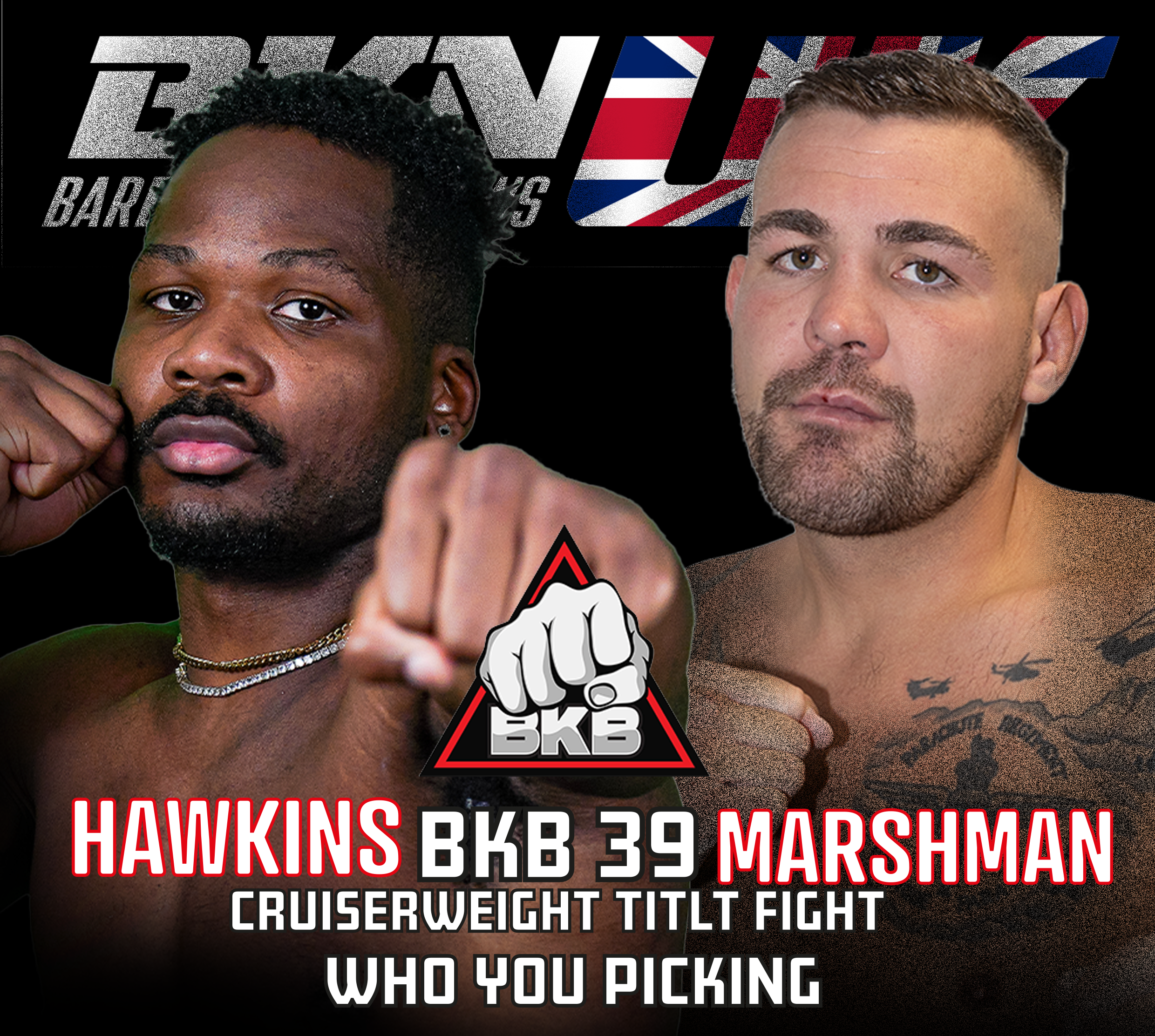
“Jack’s 2-0 in the Trigon now, and he’s back out in Miami this weekend fighting for the BYB world title against cubb Hawkins .”
That’s not just a big fight — it’s a message: UK bare-knuckle fighters belong on the biggest stages in the world.
“Jack earned that shot, but BYB followed through. That’s what this partnership’s about — giving our lads real chances, not just throwing them in.”
Jim n Joe are both open to working with anyone who shares that same mentality — but the key is always respect and fairness.
“You treat our lads properly, we’ll give you some of the toughest, most skilled bare-knuckle fighters on the planet.”
– Could BKB™ and BKFC Join Forces Again?
“We actually already did one,” Jim told me. “In Philadelphia. People don’t even realise it.”
“There’s no bad blood. But Dave [Feldman] still owes us money. If he pays what he owes, we’ll do another. For the fans.”
“I respect what Feldman’s done. He’s built something big in America. But make no mistake — we lit the fire.”
Three-Minute Rounds – The Bare-Knuckle Difference
“Three-minute rounds are professional. Full stop. Two-minute rounds? That’s amateur.”
That extra minute changes everything. It reveals character.
“That last minute? That’s when the truth comes out. You either bite down or break.”
In BKB™, you can’t coast. You’ve got to be conditioned. Tough. Fitted for war.
“If you say you’re a bare-knuckle fighter, then fight like it means something.”
The Ranking System & The Hybrid Show Problem
“You can’t rank BKB fighters against BKFC or BYB. Different gloves. Different rules. Different worlds.”
Jim’s also not a fan of these hybrid MMA-glove fights appearing on BoxRec as if they’re pro boxing matches.
“It’s not safe. It’s not fair. And it’s not the way you build something lasting.”
That’s why BKB™ is creating proper amateur pathways — with structure and respect.
From the O2 to the Nation
In the early days, BKB™ was locked into London, running their shows exclusively out of the O2. It was a bold start — but also a limitation.
“We were boxed in, really. The O2 was class, but it wasn’t accessible for every fan or every fighter.”
Fighters from the north, the Midlands, Wales, and Scotland — many of them couldn’t afford the travel. Fans couldn’t always get there. And it started to feel like bare-knuckle was being kept in a bubble.
But not anymore.
“Now we’re running shows up and down the country. Manchester, Newcastle, Coventry, Wales — you name it. And we’re not done yet.”
The shift to going national wasn’t just about bigger crowds — it was about giving fighters opportunities closer to home and putting the shows in front of different communities that love the sport just as much.
“There’s lads from all over the UK who deserve the spotlight. Not everyone should have to fight in London to be seen.”
And the response has been solid. Sellouts, electric atmospheres, hometown heroes stepping up — it’s reignited the energy around live BKB™ shows.
“The fans up north? Next level. That Bolton crowd? Manchester? Leeds? Absolute savages in the best way.”
Jim said they’ve already got nearly every date this year booked, and the last remaining show is just waiting on a confirmed location.
“Everywhere we go now, we’ve got people shouting for us to bring it to their town. And if it makes sense, we’ll do it.”
And it’s not just about doing more shows — it’s about doing better shows. New venues, new audiences, and more stories to tell in every corner of the country.
“We’re not just a London brand anymore. We’re a UK brand. This is Britain’s bare-knuckle.”
Respect to BkN UK – No One Else Was Doing It
“Before you lads, there was just Lou Fuse. He’s solid, but he’s BKFC-only. You lot cover everyone. You’re neutral.”
“There was no one putting all the shows out there until you. That’s what the sport needs.”
“If you’re good at what you do, you’re not worried about anyone else. But if you’re not — you’re worried about us.”
The Police Gazette Belt – One Belt, One King
The crown jewel of bare-knuckle boxing has always been the Police Gazette Belt — and now, BKB™ has officially made it the top recognised title in the promotion. But this belt isn’t just a trophy — it’s a symbol of lineage, legitimacy, and the deepest roots in fighting history.
“It’s the oldest belt in the sport. 140+ years old. John L. Sullivan held it. That’s the real lineal crown.”
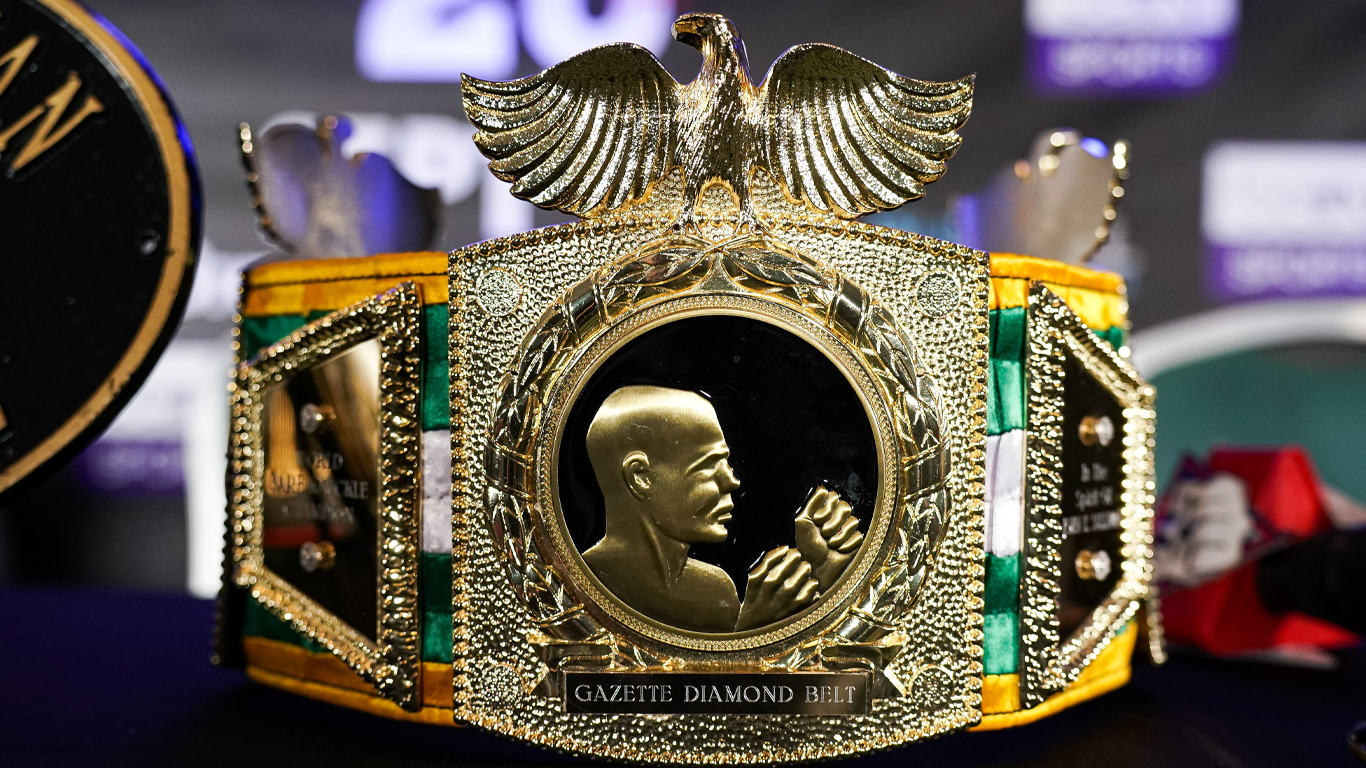 This belt came long before the WBC, IBF, or any of the other gloved boxing world titles people talk about today. Back then, there was only one champion — and it wasn’t decided in boardrooms or through politics. It was earned in blood, grit, and rounds without limits.
This belt came long before the WBC, IBF, or any of the other gloved boxing world titles people talk about today. Back then, there was only one champion — and it wasn’t decided in boardrooms or through politics. It was earned in blood, grit, and rounds without limits.
“This was the belt everyone fought for back in the day. If you held the Police Gazette Belt, you weren’t just a champion — you were the man.”
BKB™ bringing that title back isn’t about nostalgia — it’s about re-establishing clarity and honour in a sport that’s grown murky with multiple belts, titles, and sanctioning bodies.
“We don’t want ten champions in one division. That’s confusing for fans. It’s disrespectful to fighters. And it makes a mockery of real achievement.”
The Police Gazette Belt clears that up.
One belt. One champion. One true king of the division.
Now, Jim also made it clear — being a BKFC World Champion is still a massive achievement. It takes talent, grit, and heart to get there. But in his view, there’s something about the Police Gazette Belt that runs deeper.
“I’ve got full respect for any BKFC champion. That’s no easy road. But the Police Gazette — that’s the original. That’s the prestigious one. That’s the belt with over a century of blood behind it.”
It’s not a dig at other promotions — it’s about setting a standard that connects modern bare-knuckle with its original roots.
“If you hold that belt, you’re stepping into a lineage that goes all the way back to the bare-knuckle greats. You’ve got to live up to that.”
It also helps bridge the gap between gloved and bare-knuckle boxing. The belt represents a time before the gloves came on — when fighters stood toe-to-toe, unprotected, and undeterred.
“It connects the modern sport with its real history. It’s not just about honouring the past — it’s about proving you belong in the same story.”
For BKB™, the Police Gazette Belt is more than a title.
It’s the soul of the sport.
Proud of the Past. Focused on the Future.
Jim and Joe have been through hell and back to build BKB™. From illegal cellar scraps to arena shows with doctors, insurance, legal backing and international ties — they’ve done what no one else dared to.
“We’re proud of what we’ve done. We’ve stayed true. We’ve looked after the fighters. And we’re still pushing forward.”
They could’ve cut corners. They could’ve sold out. They didn’t.
They built BKB™ from scratch with nothing but belief, pressure, and passion.
They’ve seen the fights that changed lives.
They’ve given platforms to fighters who’d been forgotten or overlooked.
They’ve built a fanbase that spans the globe.
“It’s been years of work. Years of stress. Death threats, legal battles, personal struggles — all for this. And I’d do it all again.”
And they’re not stopping here.
What’s Next?
BKB™ has its eyes set on expansion — not just bigger shows, but more shows across more places, giving even more fighters the chance to prove themselves under proper conditions.
“We’ve got everything locked in this year apart from one date. That one’s nearly sorted too. And next year, we’ll go even harder.”
They’re also working on developing the BKB amateur circuit, creating a safe, structured route for up-and-comers to grow in the sport without being thrown in the deep end too soon.
“We don’t just want fighters — we want future champions. And that starts with building them properly from the ground up.”
Joe’s also got his eye on bringing BKB™ abroad again — shows in Europe, potential linkups with international bodies, and a bigger spotlight on the UK scene.
“We want the world to see what our lads can do. We want to show that British bare-knuckle is still the gold standard.”
The goal is simple: keep building, keep raising the bar, and keep the sport respected.
“It’s not about being the richest. It’s about doing it right. We’re in it for the fighters. For the fans. For the culture.”
BKB™ lit the fire.
And they’re just getting started.
Written by Josh Clare | BkN UK


